Have you wondered how a group forms into a mob? Or how social movements can change the larger society? Perhaps you’ve pondered why people always seem to face the front in an elevator or why inequalities, like racism and poverty, persist.
Sociologists study the impact of large, social forces on our individual lives, as well as the ways that human interaction shapes and impacts us. We try to understand how and why social problems exist, which also points us to ways to solve them. Studying sociology can lend insight into understanding ourselves, others, and the world around us.
Secondary Education Teacher
Sociology students seeking certification to teach in secondary education may choose to get an all social sciences endorsement. This covers courses in American history, world history, government, psychology, sociology, geography, and economics.
What can you do?
There is no set career path with a sociology major. That may seem daunting but it is actually a strength of our program. You will be well-prepared to enter any profession that requires working with others, analyzing problems, and applying research skills. The job market is constantly changing and sociology students are well prepared to adapt to the opportunities that arise. Some careers our majors have gone into include:
- Social services and social work
- Business development manager
- Non-profit work/management
- Attorney
- Data quality engineer
- Talent acquisition specialist
- Community development specialist
- Business owner
- Doctor
- Sales and marketing
- Human resources
- Research analyst
- Student services
- Resource management supervisor
- Writer
- Law enforcement
- Teaching and education
- community organizer
Our program is focused on high-impact learning, which often includes community based learning opportunities. We want you to not only develop skills, but also put them into action. This not only provides you with experiences that you can add to your resume, but also allows you to have a positive impact on the community.
Sociology students have worked with many local and national organizations as part of their coursework.
- St. Mark Youth Enrichment program
- Resources Unite
- The Presentation Lantern Center
- Dubuque Chapter of the NAACP
- City of Dubuque Human Rights Department
- Iowa Legal Aid
- Riverview Center
Course Highlights
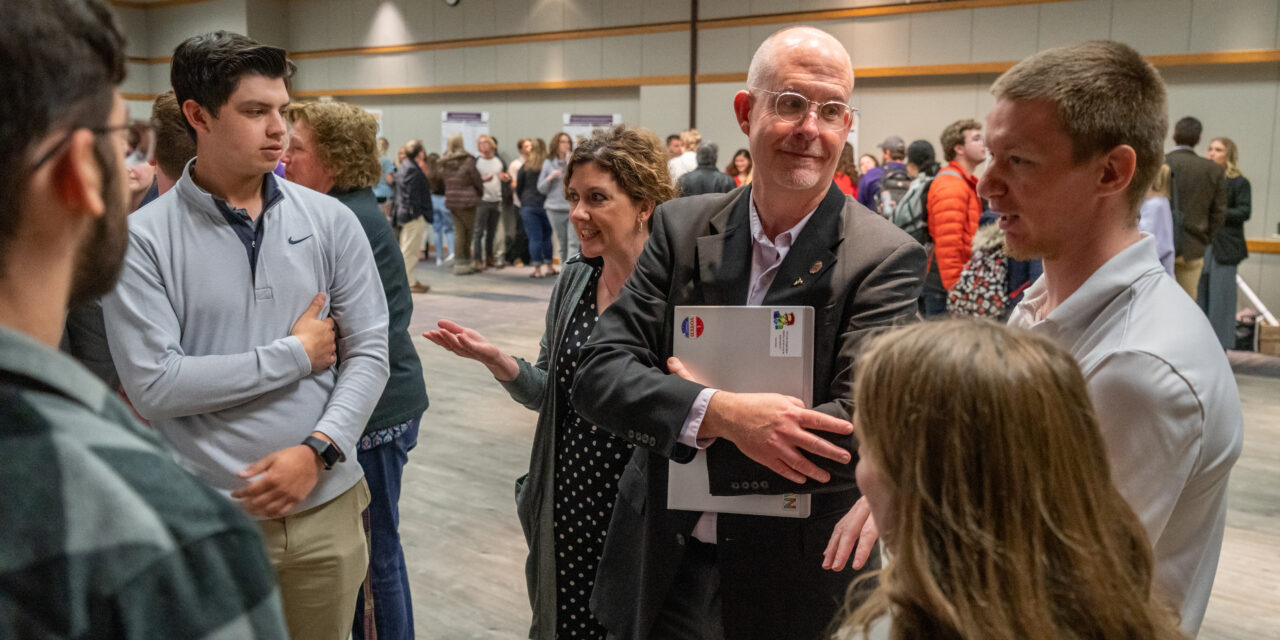
School of Humanities & Education
Majors & Minors
Clubs & Orgs
We have a variety of opportunities for you to get involved from the moment you set foot on campus.
Civic Leaders
The Alliance
LULAC
Black Student Union
Dance Marathon
Habitat for Humanity
Loras Environmental Action Forum (L.E.A.F.) Student Government
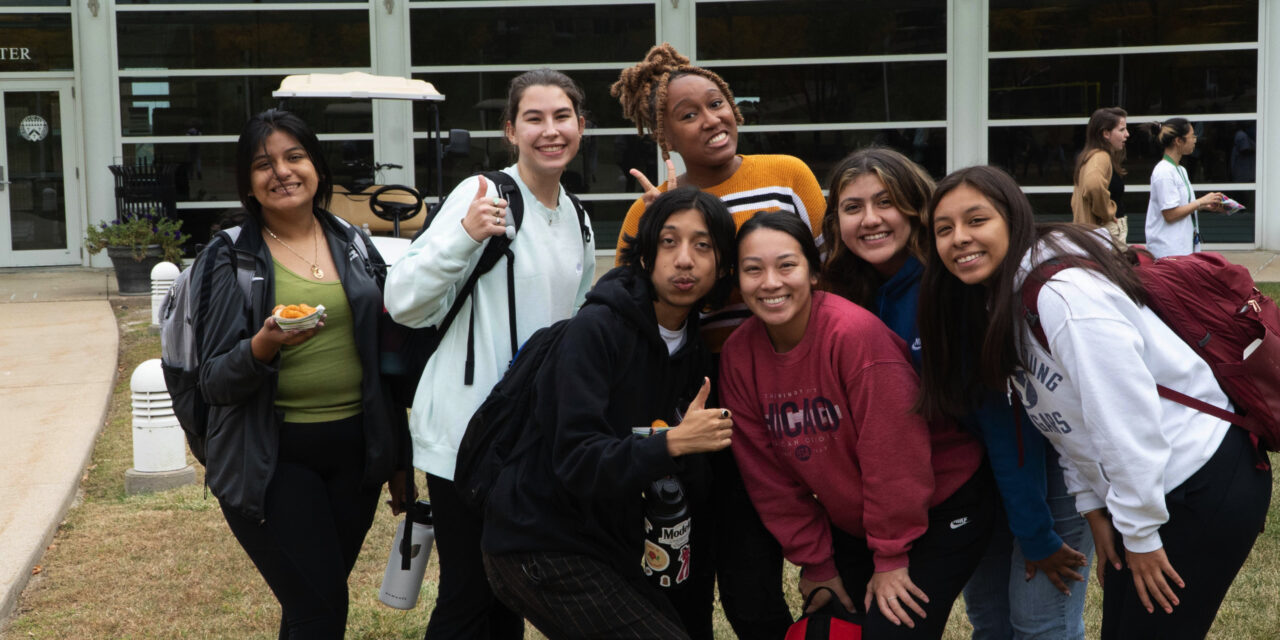
Straight Talk from a Duhawk
As a juvenile prosecutor, a background in sociology enables me to look at cases from different angles and better understand what is needed to help juveniles and families.
— Tricia (’10)
Meet Your Professors
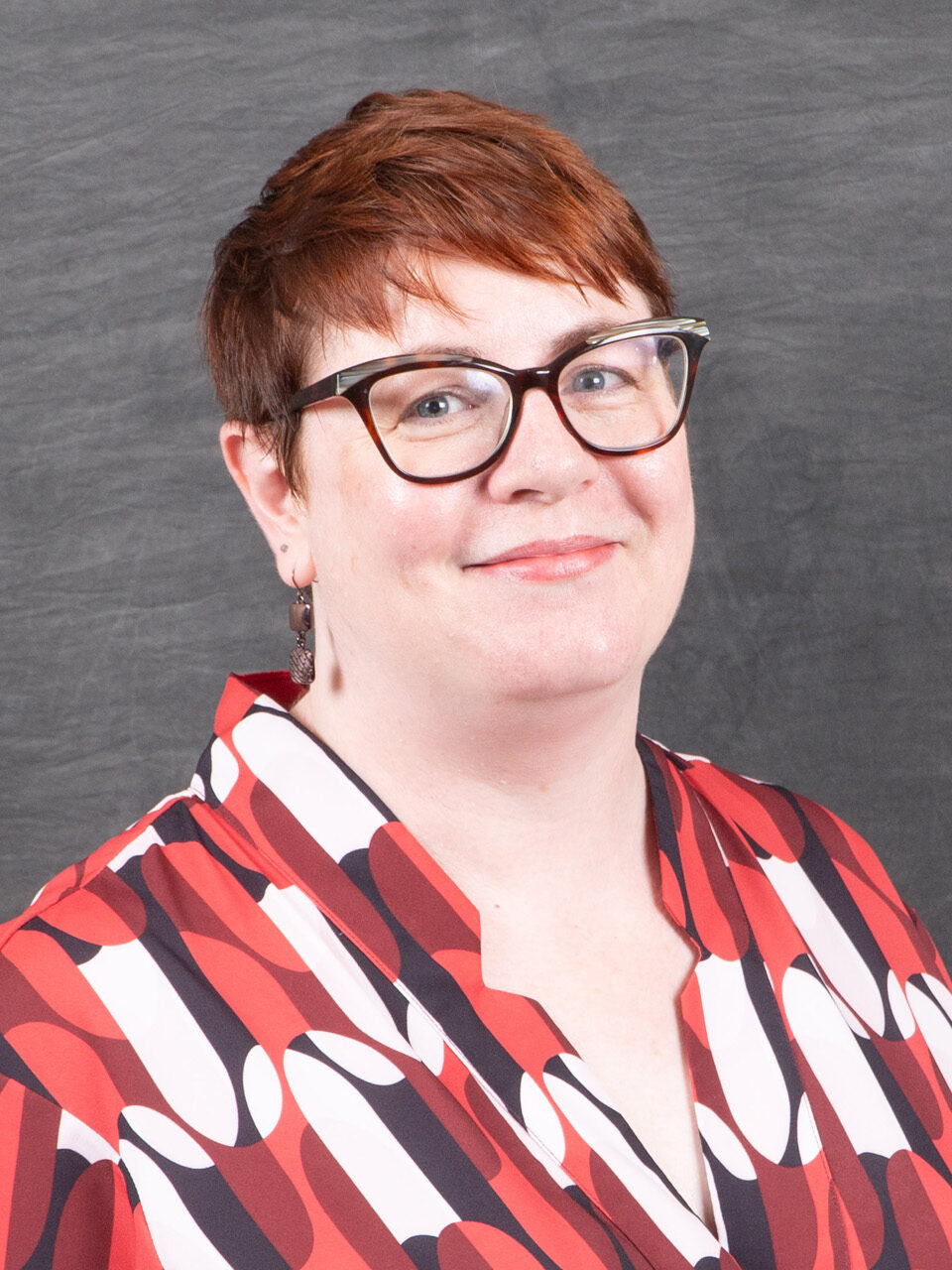
Lisa Garoutte PhD
Professor of Sociology
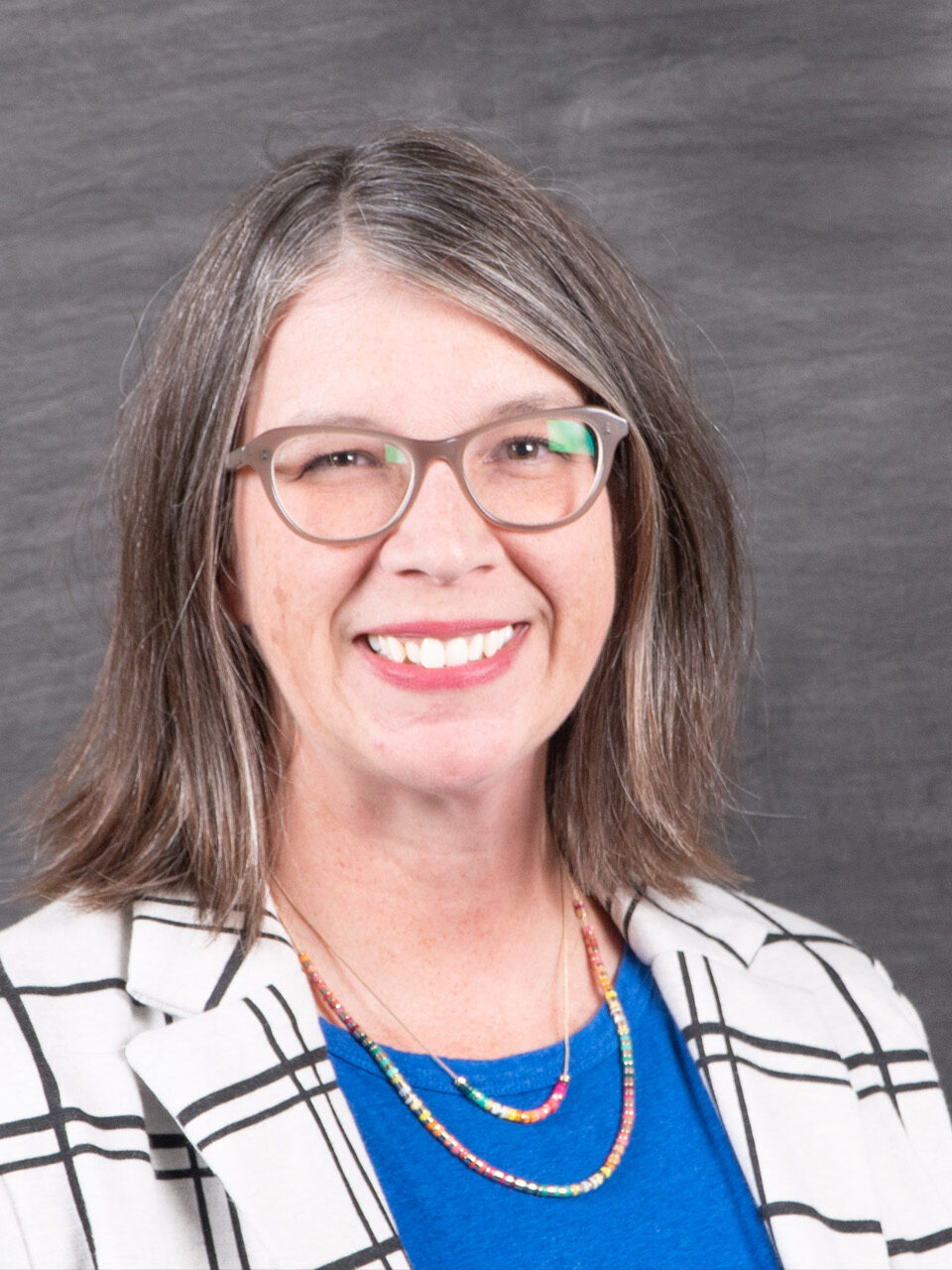
Kathrin Parks PhD
Associate Professor of Sociology
Associate Dean for the School of Science & Health
Sociology News
-
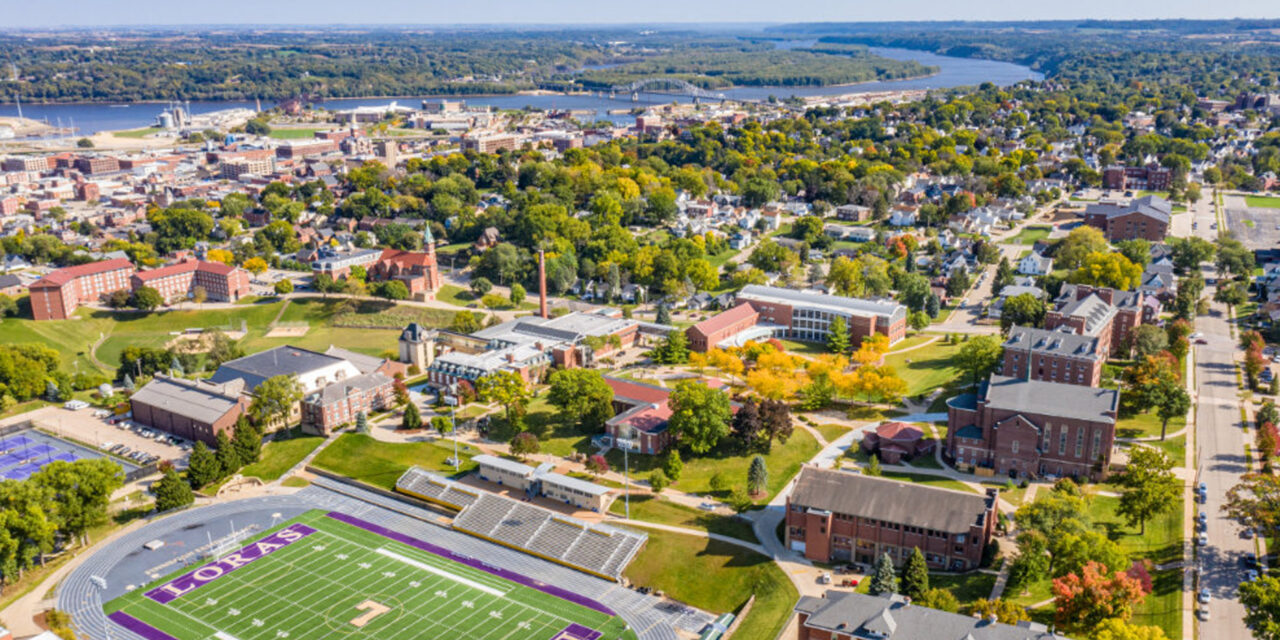
Loras College Joins 18 Schools in Approving the ‘Iowa Private Transfer Guarantee’ with Community Colleges
Iowa higher education institutions are collaborating to streamline the transfer process for Iowa community college and qualifying high school students to… More
-
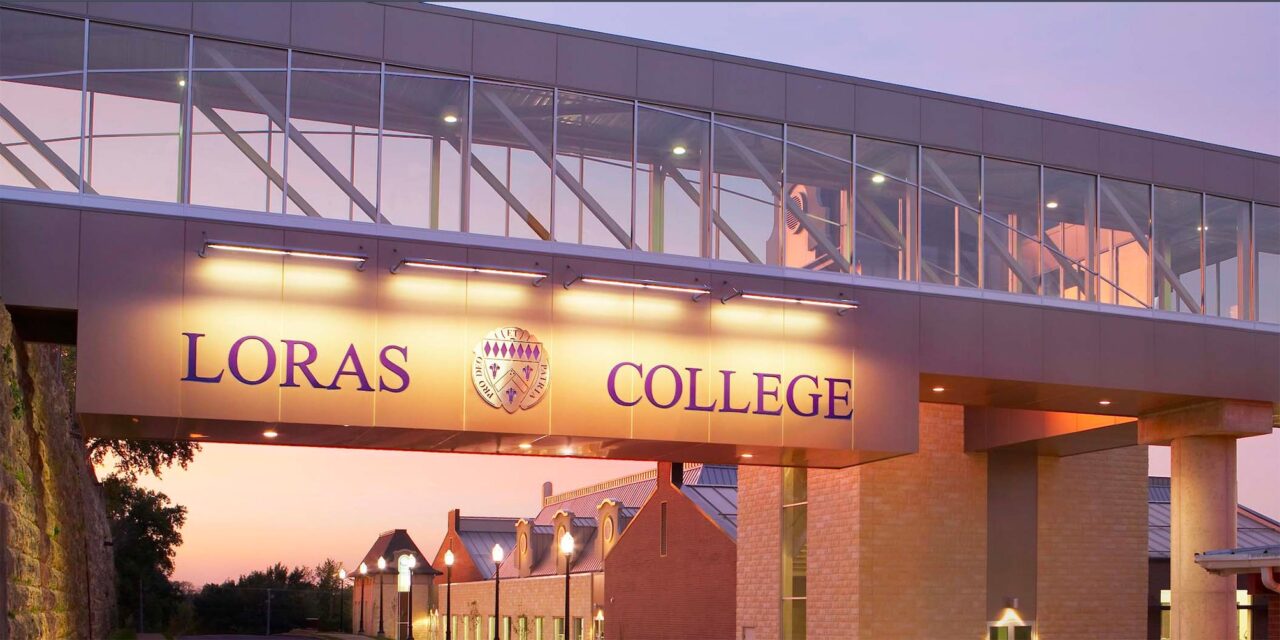
IPTC Grant to Benefit Community College Transfers to Iowa Private Colleges, Universities
Find a more transparent, cost-effective, and coordinated transfer process thanks to a three-year grant More
-
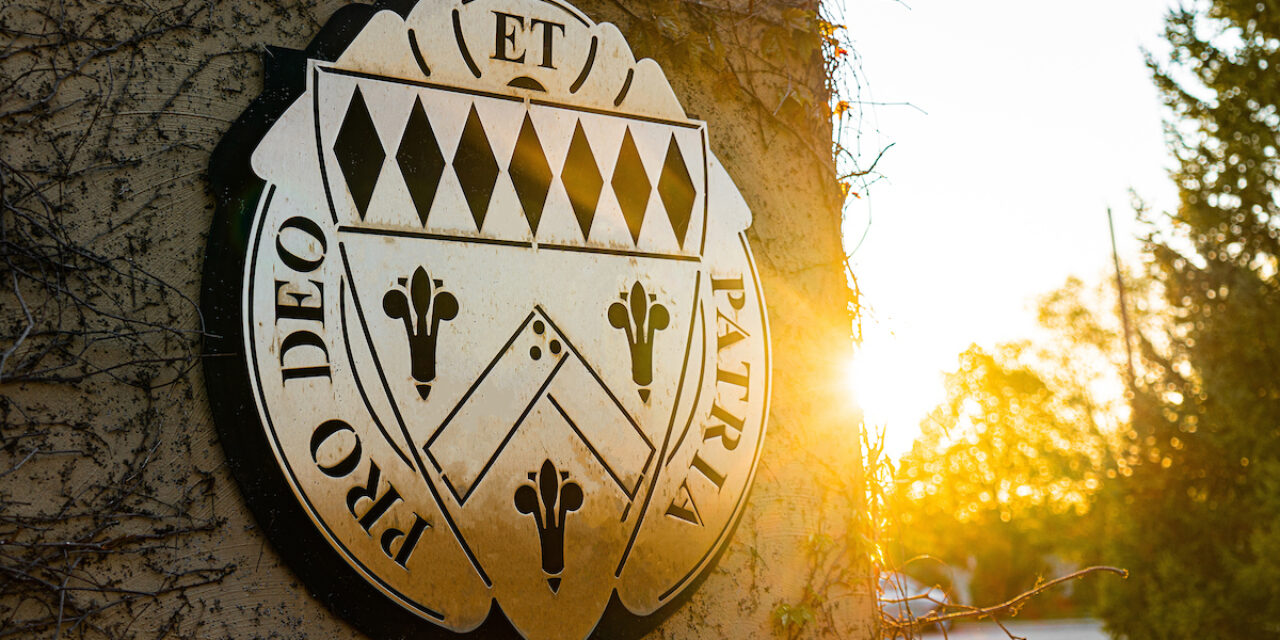
Loras May Term, Calendar Change Increase Student Opportunities
The College is beginning and ending its fall semester one week earlier than the current academic calendar. In addition, Loras is shifting from a January term to a May term schedule to provide students with enhanced experiential learning opportunities. More

